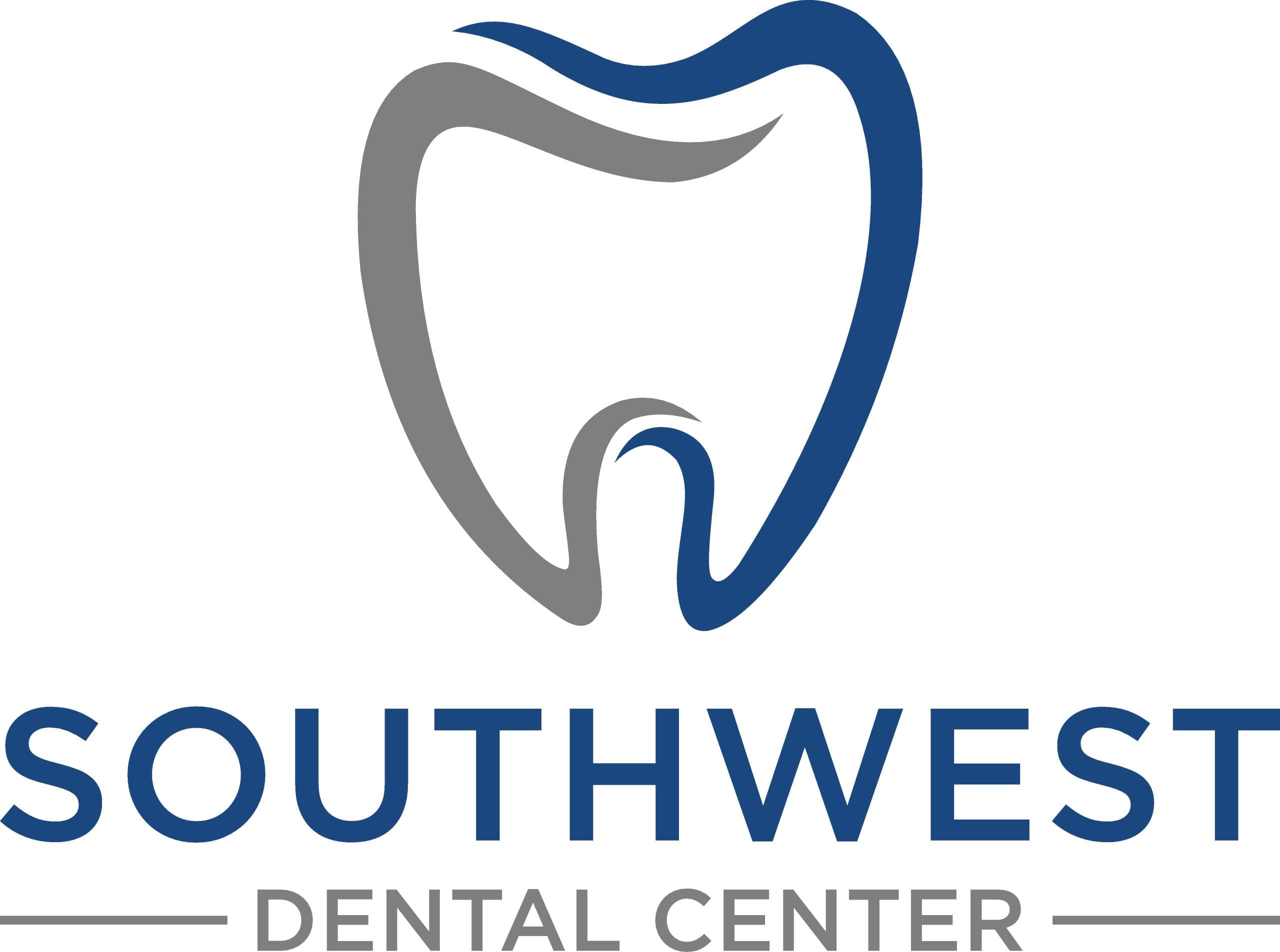Are you wondering how often experts suggest scheduling a dental cleaning? Dental cleaning frequency can vary, but generally, dentists assess individual needs based on overall dental health and risk factors. Regular check-ups are crucial to maintain oral health and prevent future issues.
Dental Cleaning Frequency: Expert Recommendations
Understanding the importance of regular dental visits is crucial for maintaining overall oral health. Regular check-ups allow dentists to assess the health of your teeth and gums, ensuring that any potential issues are identified and addressed early. These visits are not just about cleaning; they are also about evaluating the condition of your oral cavity, which can reflect the general health of your entire body.
Maintaining a consistent schedule for dental cleanings can help prevent the development of oral diseases and conditions that might require more complex and costly interventions later on. Regular assessments during these visits can reveal early signs of problems that are easier to manage if caught early. For more detailed insights, consider reading about Signs Needing a Dental Exam: Key Indicators.
Factors Influencing Dental Cleaning Intervals
The recommended dental cleaning frequency can vary significantly from one individual to another, influenced by a variety of factors. One primary determinant is the overall health of a person’s teeth and gums. Individuals with robust dental health might not require cleanings as frequently as those with dental issues such as gum disease or frequent cavities. Additionally, lifestyle choices such as diet, smoking, and oral hygiene practices play crucial roles in determining how often one should undergo dental cleanings.
Genetic predispositions and certain medical conditions also impact the intervals between dental cleanings. For instance, people with diabetes or other health conditions that affect the immune system may need more frequent cleanings to prevent periodontal complications. It’s important to consult with a dental professional to understand how these factors influence personal dental cleaning frequency. For those seeking professional dental services, consider exploring Affordable Fort Wayne Dental Cleanings for your needs.
Age-Related Dental Cleaning Considerations
When discussing dental cleaning frequency, it’s important to consider how age can influence the general approach. Different stages of life may present unique challenges and conditions that impact oral health. For instance, young children, adults, and seniors might have varying needs that subtly shift the general expectations around how often one should engage in dental cleanings. Understanding these age-related factors can provide a broader perspective on maintaining oral health throughout one’s lifetime.
Impact of Diet on Dental Health
The foods and beverages you consume daily can significantly influence your oral health, which in turn affects the dental cleaning frequency recommended by professionals. Diets high in sugars and acids, for example, can lead to tooth decay and gum disease, necessitating more frequent dental cleanings to maintain oral hygiene and prevent further complications. Conversely, a balanced diet rich in fruits, vegetables, and water can support healthier teeth and gums. Regular visits to a dental care provider, such as Southwest Dental Center Family & Cosmetic Dentistry, ensure that any potential issues are addressed promptly. For more information, consider visiting a Fort Wayne Dentist.
Role of Genetics in Dental Care
The role of genetics in dental care is an area of growing interest among researchers and healthcare professionals. While dental cleaning frequency is generally advised based on overall oral health needs, genetic factors can influence the resilience of teeth and gums to plaque, decay, and disease. Understanding the genetic aspects of dental health might provide insights into why some individuals experience different outcomes from similar dental hygiene practices. This area of study continues to evolve, shedding light on the complex interactions between genetics and oral health.
Understanding Professional Dental Assessments
When considering the ideal dental cleaning frequency, it’s crucial to understand the role of professional dental assessments. These evaluations, conducted by experienced dentists, help determine how often you should undergo dental cleanings based on your specific oral health needs. Factors such as your age, dental history, and risk levels for diseases like gum disease or cavities play a significant role in these recommendations. Regular professional assessments ensure that your dental cleaning frequency is tailored to maintain optimal oral health, preventing the progression of potential dental issues.
Dental Health and Overall Wellbeing
Maintaining optimal dental health is crucial not only for your smile but also for your overall wellbeing. Experts suggest that the dental cleaning frequency should ideally be tailored to individual needs, but generally, it is recommended every six months. Regular dental cleanings help prevent a host of oral diseases and are linked to the reduction in risks of heart disease, stroke, and diabetes. By keeping up with your dental cleaning frequency, you’re not just protecting your teeth and gums but also supporting your body’s broader health systems.
Common Dental Issues and Prevention
Maintaining an optimal dental cleaning frequency is crucial in preventing common dental issues such as cavities, gum disease, and plaque buildup. Experts recommend that individuals undergo professional dental cleanings at least twice a year. This routine not only helps in maintaining oral hygiene but also allows early detection and management of potential problems. Regular cleanings reduce the risk of periodontitis and can prevent the progression of gingivitis, ensuring your gums and teeth stay healthy. Adhering to the advised dental cleaning frequency can significantly diminish the likelihood of dental complications and promote overall oral health.
Evolution of Dental Cleaning Practices
Over the years, the evolution of dental cleaning practices has significantly influenced the recommended dental cleaning frequency. Initially, annual visits were deemed sufficient, but as understanding of oral health deepened, experts began advocating for biannual cleanings to prevent common dental issues such as cavities and gum disease. Advancements in dental technology and methodology have further tailored these recommendations to individual needs, emphasizing the importance of regular check-ups and cleanings to maintain optimal oral health. This shift highlights how dental cleaning frequency is not just about maintaining a bright smile but also about preventing long-term health issues.
Conclusion
For more insights on dental cleaning frequency, feel free to read reviews on Google Maps. If you have questions, call us at 260-444-5728.

